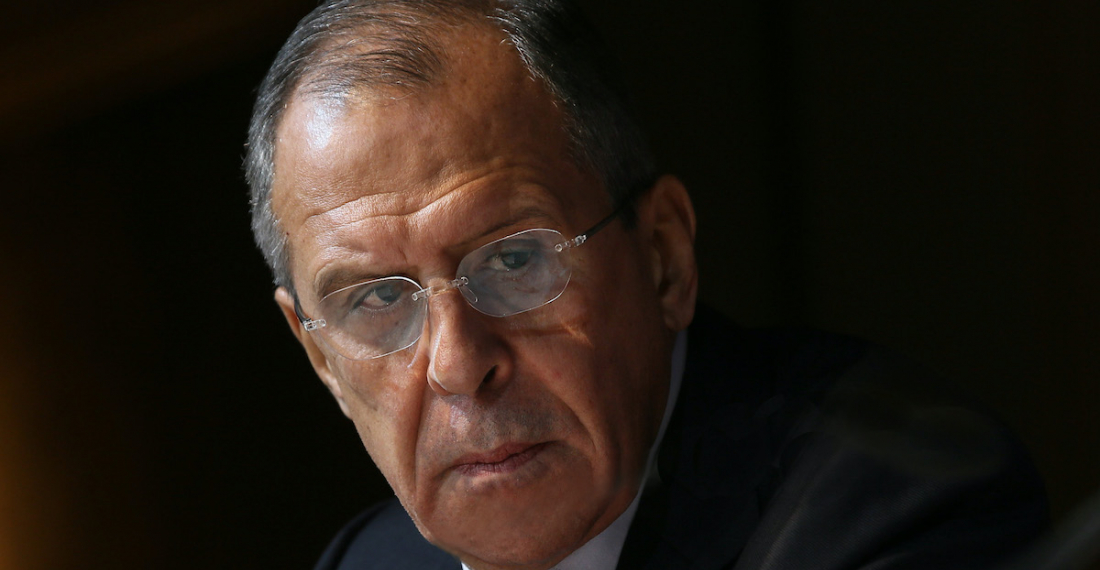Behind the scenes diplomatic contacts involving Russia, Armenia and Azerbaijan continued on Monday (21 March), with Russian foreign minister, Sergey Lavrov, holding separate phone conversations with his Armenian and Azerbaijani counterparts.
Official readouts of the discussions give little indication of what was the reason for the phone calls which come at a time of high international tension when one would assume the Russian foreign minister was extremely busy. Certainly there are plenty of loose ends in the complicated trilateral relations which justify the time of the Russian foreign minister. Lavrov has recently met the two ministers separately when all three attended the Antalya Diplomatic forum earlier this month.
Armenian foreign minister Mirzoyan reportedly briefed Lavrov on the situation at the border with Azerbaijan, and the alleged ceasefire violations. The past weeks have seen the return of sporadic skirmishes along the Armenian-Azerbaijani line of contact, with both sides accusing each other of opening fire on their respective positions, resulting in the death of one Armenian serviceman.
According to the Armenian readout, Lavrov and Mirzoyan also discussed the ongoing peace processes with Azerbaijan. While the normalisation process has taken center stage recently, with Azerbaijan presenting Armenia with a 5-point proposal, little real progress has been made. The Armenian minister briefed Lavrov on Armenia’s position, including the need for the process to take place under the auspices of the OSCE Minsk Group Co-Chairs.
On Thursday, the head of the press service of the Russian Foreign Ministry, Maria Zakharova said that Russia was “in favour of the soonest launch of border delimitation with the creation of an appropriate bilateral commission", adding that Moscow “welcomed the readiness of Armenia and Azerbaijan to start the preparations for a peace treaty and we reaffirm our readiness to support the negotiations process”. However, she added that it was “too early”, to talk about likely timeframes for the signing of a peace agreement.
In their discussions, Lavrov and Mirzoyan also discussed the potential normalisation of Armenia's relations with Turkey, which was given a boost last week when the Armenian and Turkish foreign ministers met for a “productive and constructive meeting” in Antalya, Turkey.
Lavrov also held a phone conversation with Jehyun Bayramov, the Azerbaijani foreign minister. The interlocutors reportedly discussed the current situation in the South Caucasus and the need to implement the November and January trilateral statements. They also exchanged views on the situation in Ukraine, and areas of mutual interest for Azerbaijani-Russian relations, according to the official read-outs.
Moscow appears to be keeping a close eye on the situation in the South Caucasus, despite having its hands full with events in Ukraine. For Lavrov, who appears to have been completely sidelined in the preparation and execution of the Ukraine operation, but whose ministry has to deal with the diplomatic and political fallout from the invasion and the international outcry it provoked, the South Caucasus file may be one that allows him to still appear busy and important. After all there are not that many foreign ministers the Russian foreign minister can call these days.



